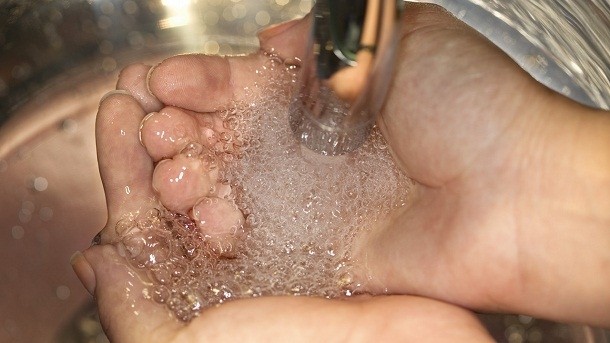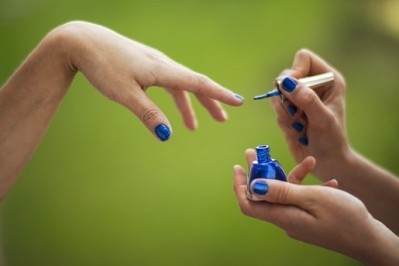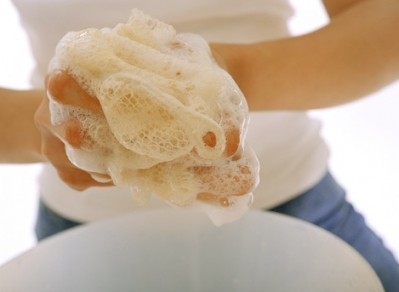Will Triclosan still appear in personal care products after the FDA ban?

The FDA announced the ban on September 6 last year, after a growing body of scientific evidence pointed to the fact that that the ingredient was related to both physiological and environmental concerns.
The ban is due to go into effect next month and also outlaws the use of 18 other chemicals used in ‘consumer antiseptic washes’, but a formulation expert at luxury beauty platform and retailer Green Leaf believes the new rules could be ambiguous.
How far reaching is the FDA ban?
In particular, he points out that while the new regulations have specifically targeted washes, this means that the banned ingredients could still be used for products covering several different cosmetic and personal care categories.
"Consequences of long-term usage of triclosan are very real, yet its functional purpose is questionable," stated Dr. DoHyun Cho, CEO of Green Alley.
Dr. Cho points out that, although its original function was to prevent bacterial contamination in places like hospitals, triclosan's eventual widespread use led companies to commercialize on its antiseptic strengths for regular consumers.
Peer-reviewed studies point to triclosan safety concerns
There is a significant body of peer-reviewed scientific evidence pointing to several different types of safety concerns for triclosan, the most widespread being serious skin and eye irritation, but there is also evidence that it is a hormone disruptor.
However, scientific research has underlined the fact that washing hands with regular soap is just as effective as antiseptic wash formulated with triclosan, while not having the associated safety concerns.
Until the FDA ban was announced, Triclosan had remained one of the most popular ingredient for antiseptic washes, but it is also used in make-up, foot sprays, shampoos, conditioners and shaving products, to name a few. Dr. Cho's concern is that the ingredient will continue to be used in these products.
What about triclosan in imported products?
Such concerns will also be heightened after a letter was published in New York Times confirming that the FDA's limited resources means it can only check a fraction of the imported cosmetic and personal care products coming into the US.
The letter was addressed to Representative Frank Pallone Jr., Democrat of New Jersey in response to concerns raised by Pallone in a letter he had sent six months previously about imported personal care products.
The FDA's response states that although all imported cosmetic and personal care products are required to meet the same standards as domestically produced products, its program to check such products is one of its smallest.
The FDA letter goes on to state that there were more than 2.9 million entry lines that declared cosmetic and personal care products being imported into the country in 2016, but only 9,871 were physically checked.
















